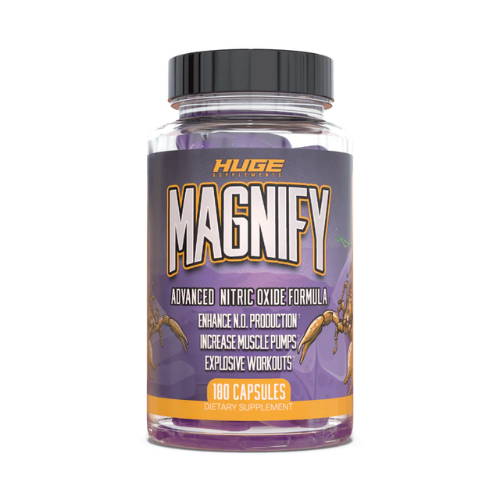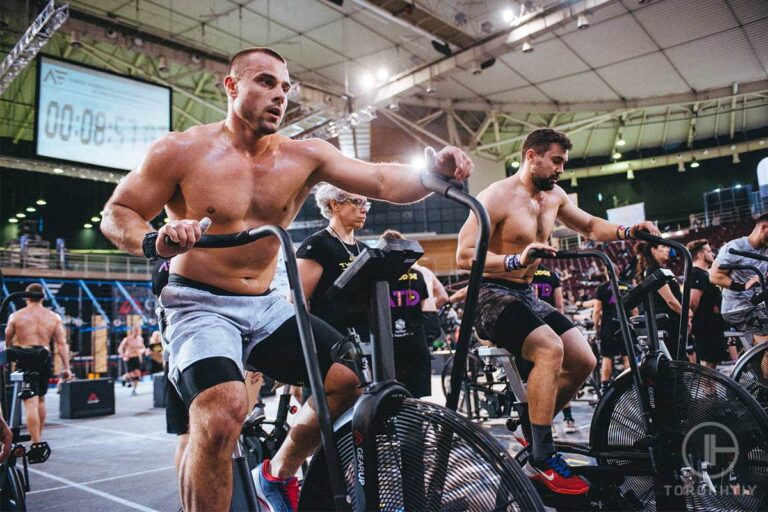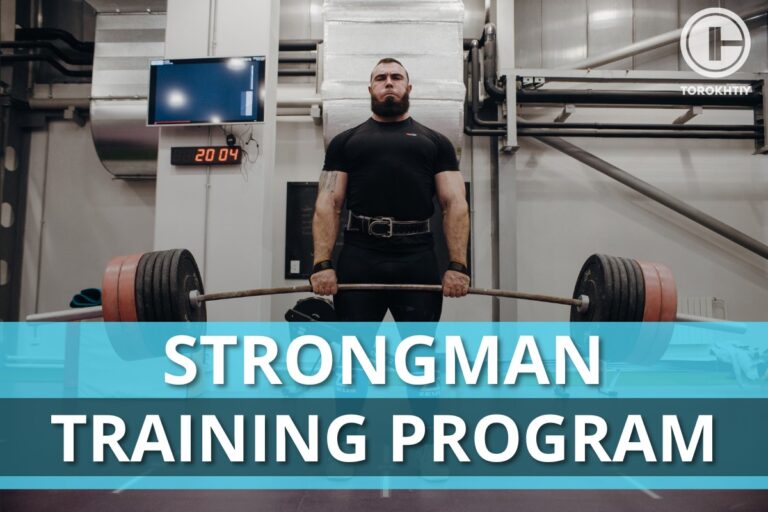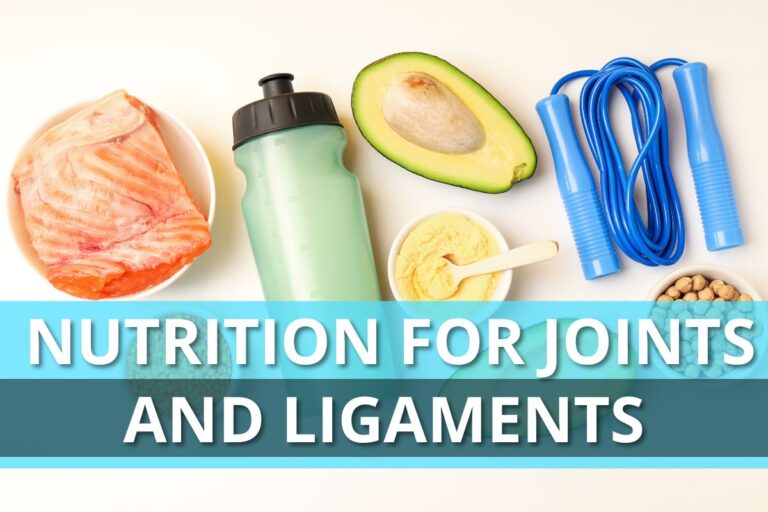Pre Workout vs Coffee? Tips for Optimal Energy Boost
Are you torn between caffeine or supplements before hitting the gym? In this article, we delve into the age-old debate of Pre workout vs coffee to help you make an informed decision.
Discover the pros and cons of each, uncover the impact on performance, and find the ideal energy source for your workouts. Say goodbye to confusion!
Pre workout vs coffee: Which is the ultimate fuel for your workouts? It depends on your personal preferences and specific fitness goals. Pre-workout supplements and coffee can boost energy, but their effects may vary. Experiment and find what works best for you!

What Is Coffee? (Fitness Wise)
Is coffee a good pre workout? Absolutely! With its caffeine content, coffee is a reliable and natural fitness booster. It provides a quick energy and focus boost, making it an excellent choice for pre-workout fuel.
But factor in individual tolerance levels and potential side effects (like jitters). In moderation, coffee can be an effective and convenient option for enhancing your workout performance.
The average cup of coffee contains around 95 mg of caffeine. It provides a noticeable boost to alertness and physical performance. The caffeine in coffee stimulates the central nervous system, leading to increased adrenaline production. It can improve energy levels, allowing you to push harder during workouts and enhance endurance.
The main problem with coffee as a pre-workout is that it’s difficult to know how much caffeine is in a coffee cup, although this is the most important information to find an effective dose and avoid side effects.
What Is a Pre-Workout?
A pre-workout, instead of coffee, is a specially formulated supplement designed to enhance athletic performance before exercise. It offers a targeted alternative to coffee as a pre-workout fuel. These supplements have ingredients like caffeine, beta-alanine, creatine, and nitric oxide boosters to provide an optimized boost for workouts.
If we talk about the main stimulant of pre-workout, caffeine, its dosage per serving is exactly specified by the manufacturer and caffeine intake is quite easy to manage.
Pre-Workout vs Coffee (A Detailed Comparison)
1. Ingredients and Formulation
When it comes to pre workout vs caffeine, understanding the ingredients and formulation is crucial.
Pre-Workout: Unveiling the Power Blend
A potent blend of substances awaits in the world of pre-workout supplements. Caffeine takes center stage, using its stimulant properties to boost energy and performance to new heights.
Beta-Alanine increases endurance by minimizing muscle tiredness and allowing you to push beyond your limits. Creatine is also in the mix, boosting strength and muscle power and providing the necessary edge. Nitric oxide boosters also add some magic, increasing blood flow and causing a spectacular muscular pump.
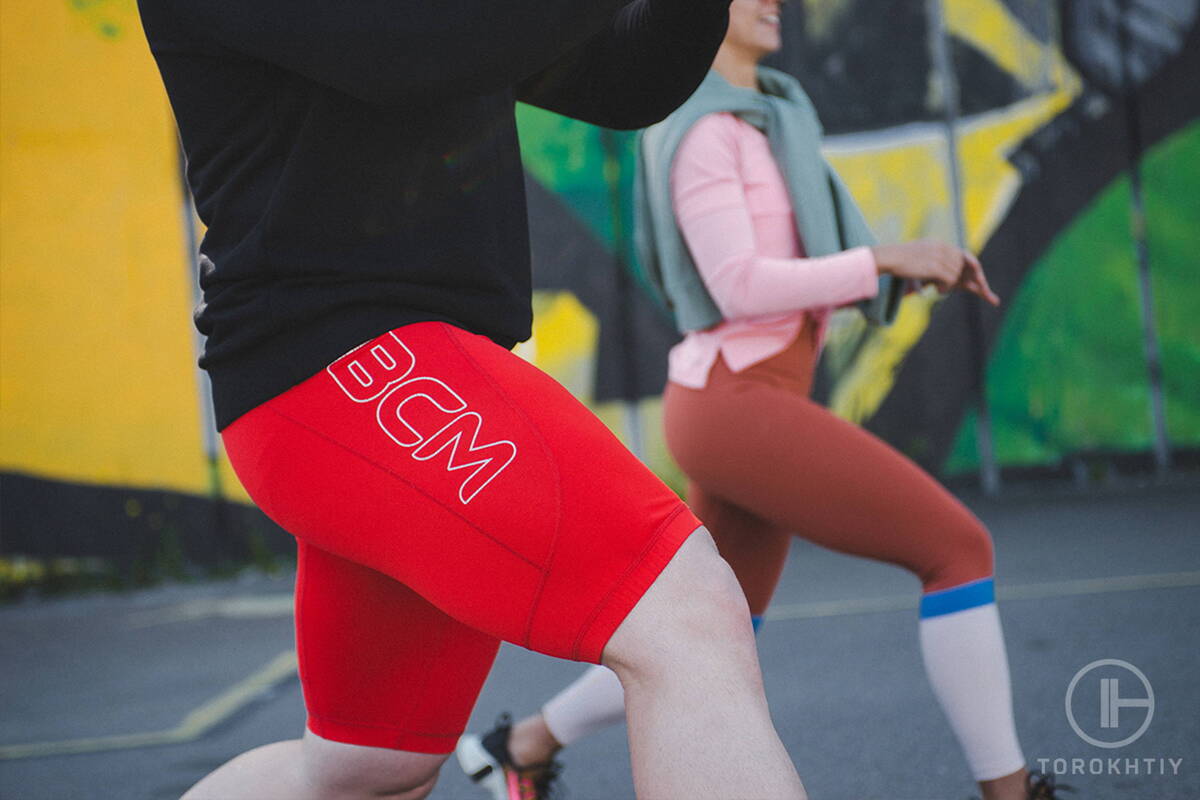
Coffee: Unraveling the Caffeine Content
Coffee, on the other hand, has its secrets in its caffeine concentration. This powerful stimulant demonstrates its abilities by increasing attentiveness and sharpening performance. Coffee, however, contains more than simply caffeine. Its phytochemical complex reveals possible synergistic benefits, improving energy and attention.
2. Performance Effects: Is Coffee Better Than Pre-Workout?
When considering the performance effects of coffee vs pre workout supplements, evaluate their impact on energy, focus, and overall workout performance.
Coffee: Energizing and Alertness Boost
Coffee’s high caffeine content stimulates the central nervous system, increasing alertness and mental focus. It can enhance energy levels and may improve endurance during workouts.
However, depending on the type of bean, roasting, and coffee preparation, the caffeine content can vary by up to 10 times. This can make it difficult to maintain a consistent dose from workout to workout.
Pre-Workout: Targeted Performance Enhancement
Pre-workout supplements and their carefully formulated blend of ingredients offer a more targeted approach to performance enhancement. They aim to provide a precise combination of energy-boosting compounds, such as caffeine, beta-alanine, and creatine. Caffeine is dosed accurately and everyone can pick up the right amount.
3. Timing and Convenience: Finding the Optimal Fit
When comparing coffee and pre-workout supplements, it’s crucial to consider the timing and convenience factors associated with each option. And you can integrate both into your pre-workout routine.
Coffee: Quick and Accessible
Coffee offers the advantage of being readily available and easy to prepare. You can consume it shortly before a workout for a rapid energy boost.
Important Note:
However, keep in mind that due to its complex composition, coffee can affect gastric secretion and intestinal motility even more than equal amounts of caffeine, so individual reactions may differ. Some people are ready to workout 10 minutes after an espresso and feel great, others run to the toilet because coffee stimulates bowel emptying, or suffer from acid reflux, which doesn’t help exercise.
Pre-Workout: Strategic Consumption
Pre-workout supplements often come with specific instructions regarding timing. They are typically consumed around 30 minutes before a workout to allow ample time for the ingredients to be absorbed and take effect.
4. Potential Side Effects
While they offer performance benefits, it’s essential to be aware of any side effects that may arise.
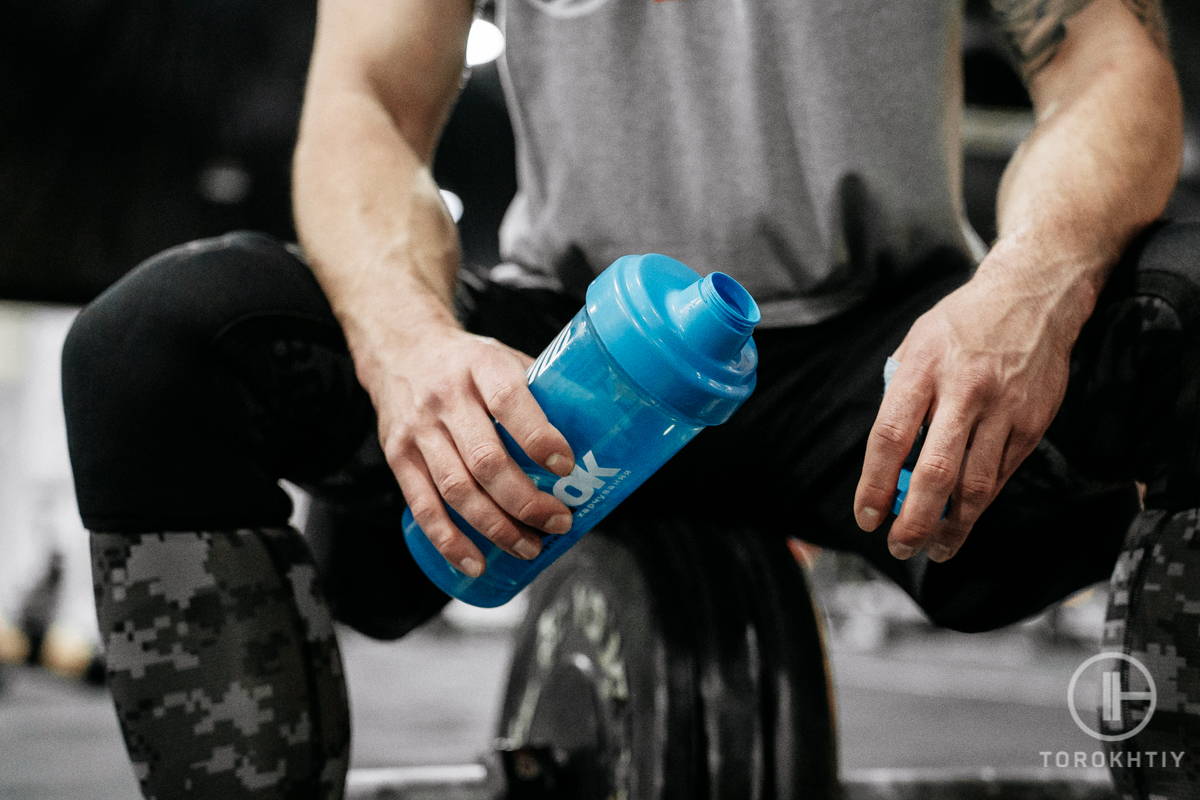
Coffee
- Caffeine Sensitivity: Individuals with caffeine sensitivity may experience jitters, increased heart rate, anxiety, or difficulty sleeping.
- Digestive Discomfort: Coffee can have a laxative effect on some individuals, leading to digestive issues such as acid reflux or stomach upset.
- Dependency and Tolerance: Regular coffee consumption may lead to tolerance buildup, requiring higher doses to achieve the same energizing effects. Abrupt discontinuation can result in withdrawal symptoms.
Pre-Workout Supplements
- Stimulant Overload: Pre-workouts often contain high levels of caffeine, which can lead to similar side effects as coffee, including jitters, increased heart rate, or anxiety.
- Specific Itching: You might feel an itching on the neck, hands, and shoulders, which is most often caused by beta-alanine. This condition is not dangerous to your health, but not everyone enjoys it.
- Allergic Reactions: Some individuals may be sensitive or allergic to specific ingredients in pre-workout supplements, resulting in adverse reactions such as skin irritation, hives, or digestive issues.
- Blood Pressure and Heart Health: Certain ingredients like stimulants or vasodilators in pre-workouts can affect blood pressure and cardiovascular health. Individuals with pre-existing conditions should exercise caution.
5. Personal Preferences and Fitness Goals
Considering personal preferences and fitness goals, selecting coffee or pre workout supplements depends on various factors.
Taste and Enjoyment
Some individuals find rich flavors and coffee aroma appealing, making it an enjoyable pre-workout choice. But pre-workout supplements are also available in several flavors. Choice of flavor is a personal preference.
Caffeine Tolerance and Sensitivity
Coffee contains varying amounts of caffeine, which can affect individuals differently. Coffee may be suitable if you have a high tolerance and prefer a milder energy boost. Pre-workout supplements offer precise caffeine dosages, allowing you to control and optimize your intake based on your tolerance levels.
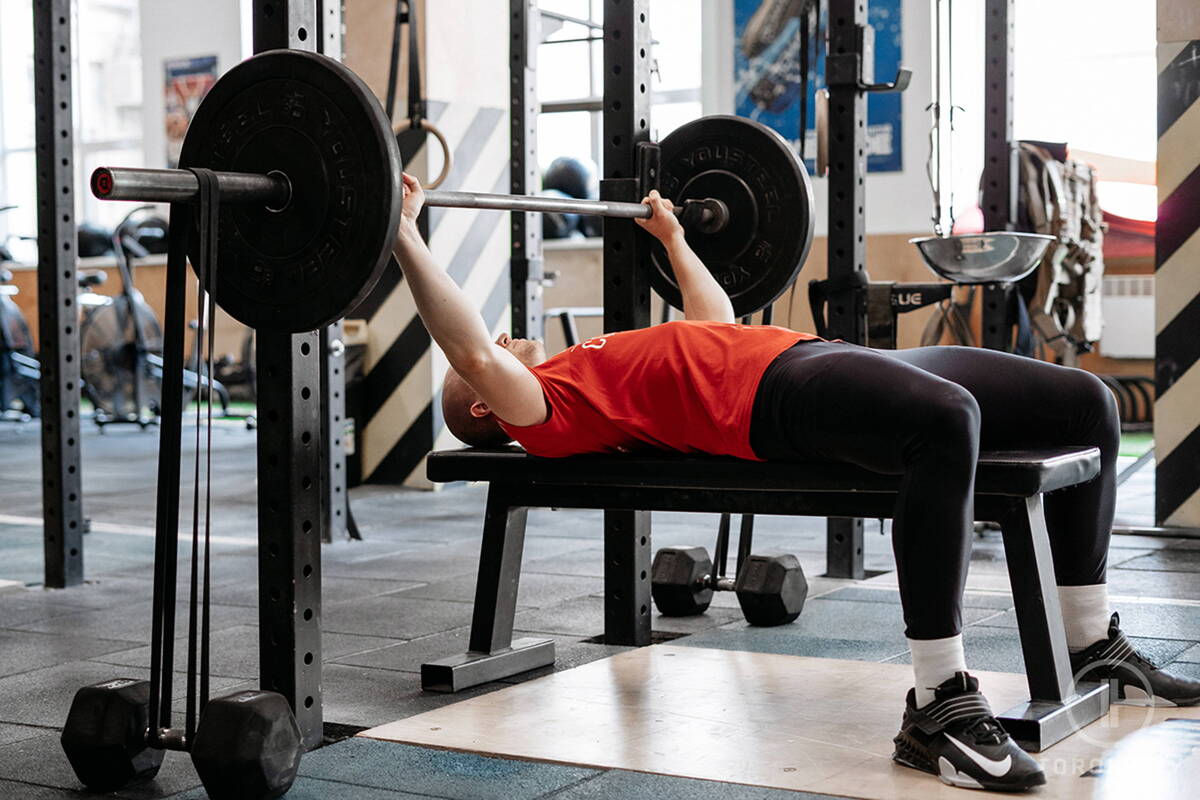
Specific Performance Goals
If you prioritize strength training or explosive workouts, pre-workout supplements containing ingredients like creatine and beta-alanine might be beneficial. For endurance-focused activities, coffee’s energizing effects can provide the necessary stamina.
Convenience and Portability
Coffee is widely accessible and can be easily brewed or purchased on the go. Pre-workout supplements, in the form of powders or capsules, also offer convenience as a quick and pre-measured solution.
Ultimately, individual response and experimentation are crucial, as everyone reacts differently to various substances.
Pre-Workout vs Coffee: Summary
Consider preferences, goals, and individual factors to make an informed choice for your workout routine.
Pros & Cons of Coffee for Fitness
Positives:
Could be better:
Pros & Cons of Pre-Workout
Positives:
Could be better:

Pre-Workout vs Coffee: When to Use Each (Or What Is the Purpose of Each)?
Pre-workout supplements are designed to optimize athletic performance and provide targeted energy, focus, and endurance during workouts. Coffee, on the other hand, offers a natural energy boost and mental alertness.
Use pre-workout when seeking a comprehensive performance-enhancing solution, while coffee can be beneficial for a quick energy boost or mental focus outside of intense training sessions. Choose based on your specific needs and desired outcomes.
Product We Recommend
The Magnify Nitric Oxide supplement is a top-notch choice among nitric oxide boosters available. It has scientifically proven ingredients like L-Citrulline, L-Arginine, S7, and Beetroot extract that effectively enhances nitric oxide levels in the body.
This supplement delivers instant results, providing insane muscle pumps and increased energy for intense workouts.
If you’re seeking the best athletic experience and optimal nitric oxide support, Magnify is the ultimate solution. It’s quality and potent formulation make it a standout product on the market.
FAQ
Is Coffee Better Than Pre-Workout?
It depends on individual preferences and goals. Both have benefits, and the choice varies based on desired effects and personal response to caffeine. Keep in mind that pre-workouts have more potential to amplify a variety of athletic performance effects as it has more precise doses of active ingredients.
Can Coffee Replace Pre-Workout?
Coffee can provide a temporary energy boost and mental alertness but may not offer the same comprehensive performance-enhancing benefits as pre-workout supplements.
How Much Coffee Is Equivalent to Pre-workout?
The caffeine content in pre-workout supplements varies by brand. But in general, each serving provides 150-300 mg of caffeine. It is three to four times the caffeine content of a standard cup of coffee.
Conclusion
Choosing pre workout instead of coffee as an energy-boosting option for workouts depends on individual preferences, goals, and circumstances. Pre-workout supplements offer targeted performance enhancement, optimal formulations, and customization based on fitness objectives.
So, what are your thoughts on the whole coffee vs pre workout supplement debate? Do you have a preference between the two? Let us know your thoughts in the comment section!
And, if you have any queries regarding the whole coffee and pre workout supplement issue, leave us a question and we’ll be more than happy to guide you!
Keep up the good workout!
Also read:
- Why Does Pre Workout Make You Itch
- Does Pre Workout Make You Gain Weight
- Best Low Caffeine Pre Workouts
- Pre Workouts With Dmaa
- Is Creatine a Pre Workout
- Best Natural Pre Workout
- Best Thermogenic Pre Workout
- Best Pump Pre Workout
- Best Clean Pre Workout
References:
- Caffeine content for coffee, tea, soda and more // MFMER: https://www.mayoclinic.org/healthy-lifestyle/nutrition-and-healthy-eating/in-depth/caffeine/art-20049372
- The Effect of Acute Caffeine Ingestion on Endurance Performance: A Systematic Review and Meta-Analysis // National Library of Medicine: https://pubmed.ncbi.nlm.nih.gov/29876876/
- How Much Caffeine in Coffee Cup? Effects of Processing Operations, Extraction Methods and Variables // IntechOpen: https://www.intechopen.com/chapters/55623
- International society of sports nutrition position stand: caffeine and exercise performance // BioMed Central: https://jissn.biomedcentral.com/articles/10.1186/s12970-020-00383-4
- International society of sports nutrition position stand: Beta-Alanine // National Library of Medicine: https://pubmed.ncbi.nlm.nih.gov/26175657/
- Effects of creatine on body composition and strength gains after 4 weeks of resistance training in previously nonresistance-trained humans // National Library of Medicine: https://pubmed.ncbi.nlm.nih.gov/14967873/
- Compounds in coffee // Coffeeandhealth: https://www.coffeeandhealth.org/coffee-and-caffeine/compounds-in-coffee
- A dark brown roast coffee blend is less effective at stimulating gastric acid secretion in healthy volunteers compared to a medium roast market blend // National Library of Medicine: https://pubmed.ncbi.nlm.nih.gov/24510512/
- Is coffee a colonic stimulant? // National Library of Medicine: https://pubmed.ncbi.nlm.nih.gov/9581985/
- [Caffeine sensitivity] // National Library of Medicine: https://pubmed.ncbi.nlm.nih.gov/5765076/
- Caffeine: a double-blind, placebo-controlled study of its thermogenic, metabolic, and cardiovascular effects in healthy volunteers // Sciencedirect: https://www.sciencedirect.com/science/article/abs/pii/S0002916523167761
- The Antioxidant Content of Coffee and Its In Vitro Activity as an Effect of Its Production Method and Roasting and Brewing Time // Mdpi: https://www.mdpi.com/2076-3921/9/4/30
Why Trust Us?
With over 20 years in Olympic Weightlifting, our team does its best to provide the audience with ultimate support and meet the needs and requirements of advanced athletes and professional lifters, as well as people who strive to open new opportunities and develop their physical capabilities with us.
By trusting the recommendations of our certified experts in coaching, nutrition, dietology, and sports training programming, as well as scientific consultants, and physiotherapists, we provide you with thorough, well-considered, and scientifically proven content. All the information given in the articles concerning workout programming, separate exercises, and athletic performance, in general, is based on verified data. We ensure that you can rely on our professionals’ pieces of advice and recommendations that can be treated as personalized ones which will benefit you and fully meet your needs.
The product testing process is described in more detail here
Author: Oleksandr Maksymenko
Certified Sports Nutritionist,
MSc Sports Dietetics
Specializing in: Weight management, Fitness / Sports nutrition
Oleksandr is a professional fitness nutritionist certified by the Fitness Professional Association (FPA). He follows the principles of evidence-based dietetics and fosters a healthy relationship with food in his clients, ensuring there are no strict prohibitions on their favorite foods or frequent lapses. His primary goal is not only to achieve results for you but also to sustain them over the long term, all while enjoying tasty and delicious food.

